Vitamin D3 deficiency is a widespread health issue globally. With more people adopting a sedentary lifestyle, especially in job roles and industries where working long hours indoors is common, the risk of this deficiency increases. This blog will discuss how prevalent vitamin D3 deficiency is, why it matters, and what can be done about it.
Why Black Americans Are More Vitamin D3 Deficient
Vitamin D3 deficiency is especially prevalent among Black Americans for several reasons. The high melanin content in darker skin reduces the skin’s ability to produce vitamin D3 from sunlight. Socioeconomic factors and disparities in healthcare access also play significant roles. People living in northern climates with less sunlight and urban areas with limited green spaces face additional challenges in obtaining sufficient vitamin D3. Cultural dietary habits that may lack vitamin D3-rich foods and preferences that limit sun exposure also contribute to higher deficiency rates. Addressing these issues involves raising awareness and advocating for equitable healthcare access and education on vitamin D3 importance.
Understanding the Importance of Vitamin D3
Vitamin D3, often called the “sunshine vitamin,” is crucial for many body functions. It helps control the amount of calcium and phosphorus in our blood and keeps our bones healthy and strong. It also boosts the immune system.
Vitamin D3 and the WFH Lifestyle

For those working from home, like many of us have been, the lack of sunlight exposure can lead to a lack of vitamin D3. Long hours spent indoors away from natural light increases our risk of deficiency, affecting our overall health and well-being.
How Vitamin D3 Affects the Body
Vitamin D3 not only helps with our bones but also plays a part in cell growth and reducing the risk of chronic diseases such as heart disease, diabetes, and some cancers. It acts like a hormone, traveling in our bloodstream to tissues and organs, helping them function well.
Health Risks from Not Having Enough Vitamin D3
Lacking vitamin D3 can cause tiredness, weak muscles, bone pain, and more infections. If it gets worse, it might lead to soft bones in children and adults. Not having enough vitamin D3 also links to serious issues like heart disease, diabetes, and mood changes.
Vitamin D3, L-Arginine, and L-Citrulline: A Powerful Trio
These nutrients work together to help your heart and blood flow better. Vitamin D3 reduces inflammation and helps manage blood pressure, while L-Arginine and L-Citrulline help make nitric oxide which relaxes blood vessels.
What You Can Do
If you think you might not have enough vitamin D3, it’s important to talk to a doctor and possibly get a supplement like Cardio Miracle. Cardio Miracle includes vitamin D3, L-Arginine, and L-Citrulline, which together support heart health and improve blood flow.
Take Action for Better Health
Check your vitamin D3 levels, especially if you work from home or indoors, and discuss with your doctor how you can keep your levels healthy. Supplements like Cardio Miracle can be a helpful part of your daily routine to keep you feeling good and your body working right.
ps. Be sure to check out Cardio Miracle’s published scientific study on Vitamin D3




